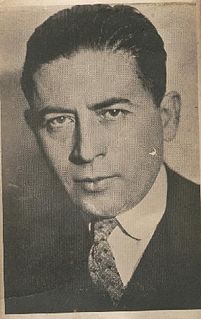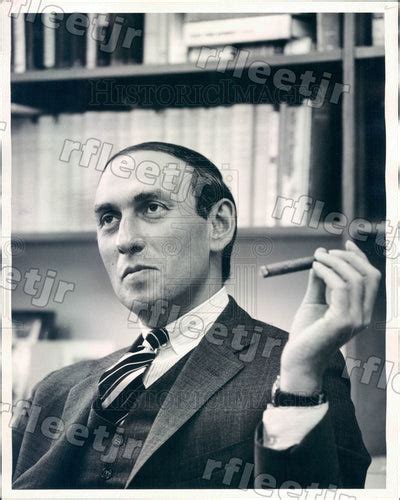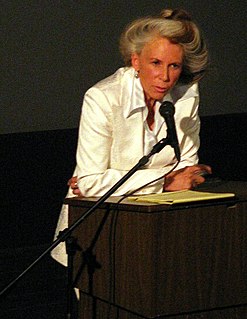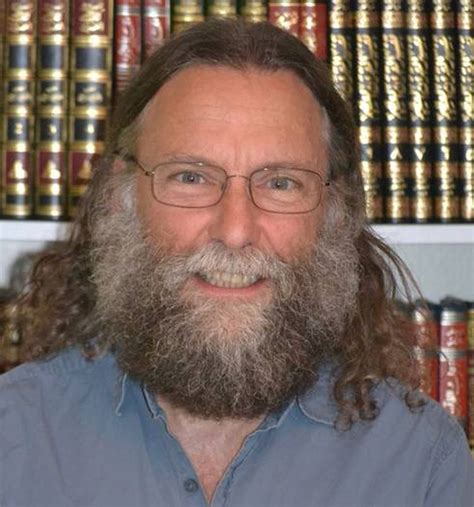A Quote by Elaine Pagels
Rediscovering the controversies that occupied early Christianity sharpens our awareness of the major issue in the whole debate, then and now: What is the source of religious authority? For the Christian the question takes more specific form: What is the relation between the authority of ones own experience and that claimed for the scriptures, the ritual and the clergy?
Related Quotes
Self-confidence is inseparable from submission to the creedal order, and through that order, to the supreme authority expressed in that order. ... Deep individualism cannot exist except in relation to the highest authority. No inner discipline can operate without a charismatic institution, nor can such an institution survive without that supreme authority from a relation to whom self-confidence derives. Without an authority deeply installed, there is no foundation for individuality. Self-confidence thus expresses submission to supreme authority.
It requires something more than personal experience to gain a philosophy or point of view from any specific event. It is the quality of our response to the event and our capacity to enter into the lives of others that help us to make their lives and experiences our own. In my own case my convictions have derived and developed from events in the lives of others as well as from my own experience. What I have seen meted out to others by authority and repression, economic and political, transcends anything I myself may have endured.
The strongest wish of a vast number of earnest men and women to-day is for a basis of religious belief which shall rest, not upon tradition or external authority or historical evidence, but upon the ascertainable facts of human experience. The craving for immediacy, which we have seen to be characteristic of all mysticism, now takes the form of a desire to establish the validity of the God-consciousness as a normal part of the healthy inner life.
If we can't think for ourselves, if we're unwilling to question authority, then we're just putty in the hands of those in power. But if the citizens are educated and form their own opinions, then those in power work for us. In every country, we should be teaching our children the scientific method and the reasons for a Bill of Rights. With it comes a certain decency, humility and community spirit. In the demon-haunted world that we inhabit by virtue of being human, this may be all that stands between us and the enveloping darkness.
We are a people of different faiths, but we are one. Which faith conquers the other is not the question; rather, the question is whether Christianity stands or falls.... We tolerate no one in our ranks who attacks the ideas of Christianity... in fact our movement is Christian. We are filled with a desire for Catholics and Protestants to discover one another in the deep distress of our own people.
I've always believed that everything that is said from authority is either the authority of one's own heart, one's own brain, one's own reading, one's own trust, but not the authority of someone who claims it because they're speaking for God and they know the truth because it's written in a book. That, essentially, is where I come from. In a sense, tolerance is my religion. Reason is my religion.
The impact of the Yemeni manuscripts is still to be felt. Their variant readings and verse orders are all very significant. Everybody agrees on that. These manuscripts say that the early history of the Koranic texts is much more of an open question than many have suspected: the text was less stable, and therefore had less authority, than has always been claimed.








































